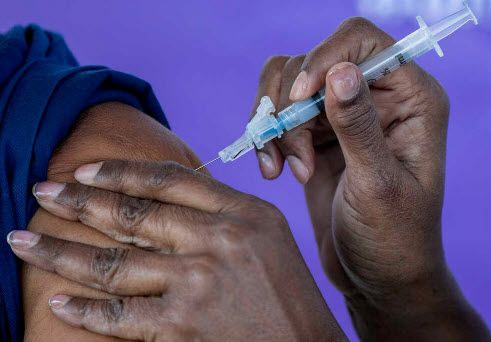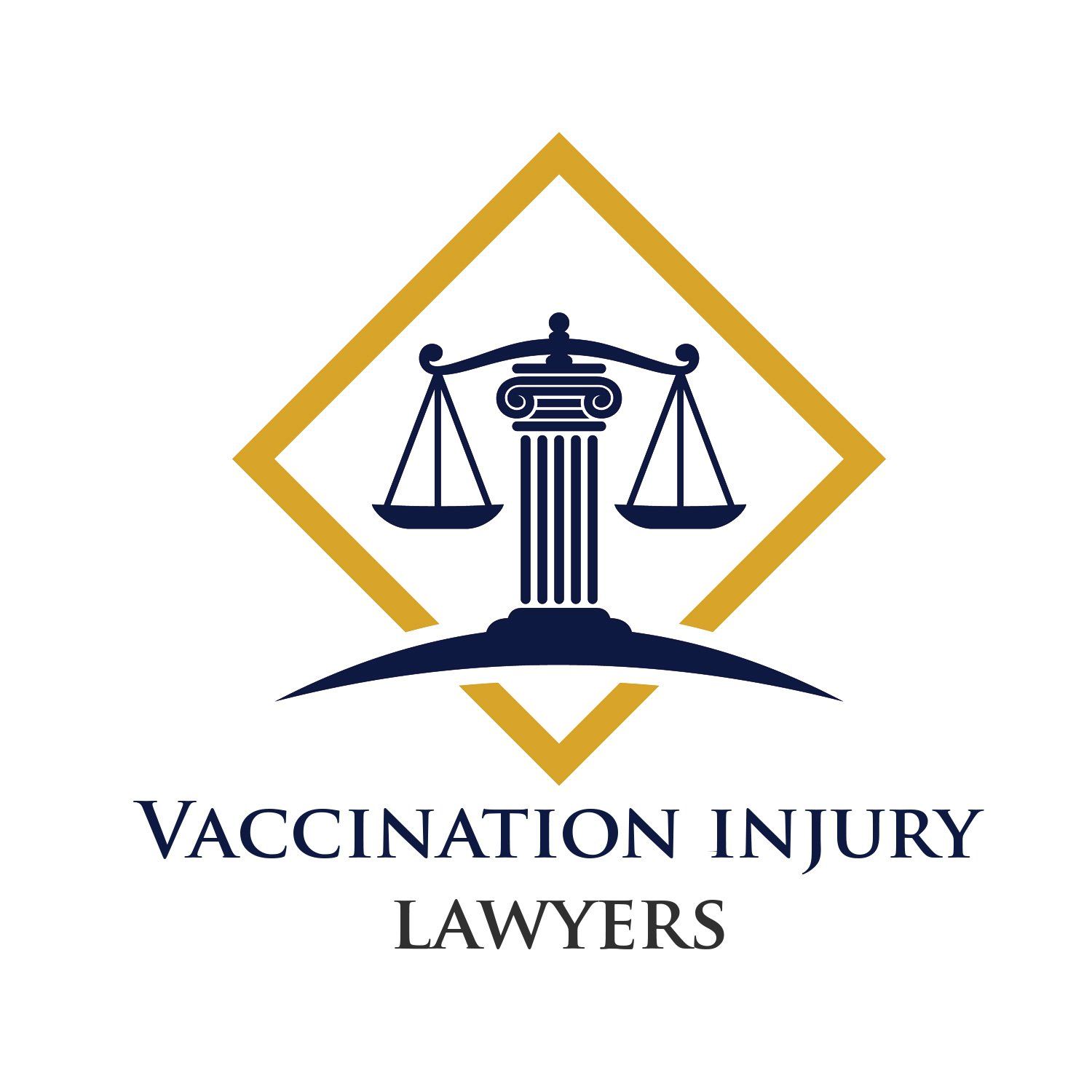A Brief History of Vaccines: Benefits and Injuries
Vaccines are made of live or weakened microbial or viral cells, proteins, and toxins from disease-causing organisms. The process of administering vaccines is called vaccination, and it is meant to stimulate the body's immunity.
The body has an immunologic reaction where it defends itself when a disease-causing agent is introduced through vaccination. The body is equipped with the ability to fight off such attacks in the future.
This principle has allowed substantial leaps in modern medicine as diseases thought to be incurable, such as polio, have been successfully eliminated globally. Discussed below is the history of vaccines, benefits, and injuries that occur today.
History
The concept of vaccination can be traced back to 16th century China. However, our modern vaccination methods are linked to Edward Jenner, who successfully created an inoculation against smallpox. He reported the vaccine's potential efficacy and detailed production procedures in scientific literature. The processes' name was derived from cows because the source virus affected cows - Vacca is Latin for cows.
Jenner's vaccine later proved itself indispensable in fighting the smallpox outbreak of the 1800s. The disease was highly contagious and lethal 80 percent of adults and 20 percent of children who were infected with smallpox died. Estimates suggest that over 300 million people succumbed to the illness before it was eradicated in 1979.
By the end of the 19th century, multiple human vaccines had been developed. These inoculants were designed to fight smallpox, rabies, plague, cholera, and typhoid illnesses. However, a legal framework governing their production and use was absent, leading to multiple public health issues.
For example, in 1901, St Louis and Camden suffered contamination events involving the smallpox vaccine and diphtheria antitoxins. Over 20 children died from the two events resulting in an enormous public outcry over the safety of vaccines.
The U.S. Congress passed legislation to control the sale of serums, viruses, toxins, and analogous products. The act formed and gave the Hygienic Laboratory of the U.S. Public Health Service the mandate to regulate the production of all biological drugs in the country. This institution later morphed into the current National Institute of Health.
Other measures to regulate the development of vaccines as microbiological procedures advanced include the U.S. Public Service Act of 1944 and the Division of Biologics Standards. The latter is a government body that oversees vaccine safety.
Benefits
Vaccination offers countless benefits for both the individual and the community. Vaccines first provide individual immunity.
Individual immunity may sometimes offer lifelong protection against a particular disease. When children are vaccinated, they become immune to historically fatal diseases such as measles, polio, chickenpox, diphtheria, whooping cough, and pneumococcal infections.
Secondly, vaccines provide herd immunity. When enough people are vaccinated within a community, herd immunity develops. This phenomenon provides blanket immunity for the community allowing even immunocompromised individuals to be protected from a particular contagion that would otherwise be deadly.
Injuries
Because vaccines are made from elements of a disease-causing agent, vaccination can sometimes result in complications. The adverse effects of most vaccines are mild, including slight pain, bruising, headaches, and syncope.
However, some people experience severe complications known as adverse events. Miniscule levels of neomycin, an allergenic antibiotic, are present in measles, mumps, and rubella vaccines. The antibiotic can cause severe allergic reactions in affected individuals. Other potential allergens include gelatin found in some virus vaccines.
Although rare, examples of adverse events include eye infections, eczema, encephalitis, whole body rush, site infections, and death.
Vaccines have revolutionized modern medicine. Despite their benefits, vaccines occasionally have had rare yet adverse effects since their development. At Vaccination Injury Lawyers, we help people whom vaccines have injured. If you or your child has experienced adverse effects,
contact us today.


Office Information
Phone: (901) 762-0535
Address: 530 Oak Court Drive, Suite 360
City/State/Zip: Memphis, TN 38117
Phone: (615) 815-1508
Address:
Brentwood Professional Center
104 East Park Drive, Building 300, Suite 313
City/State/Zip: Brentwood, TN 37027
Business Hours
- Mon - Sun
- Open 24 Hours

